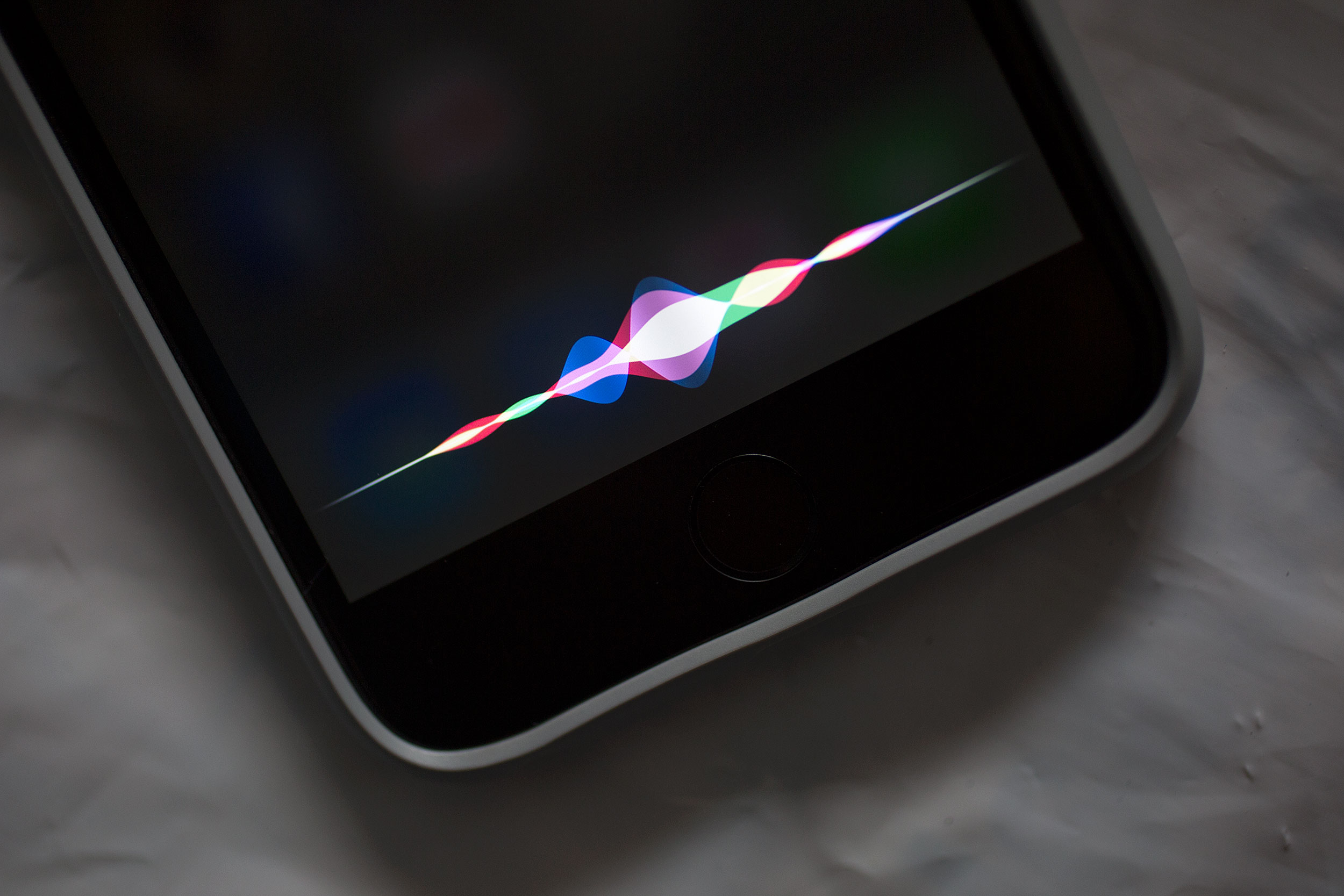
Apple has agreed to pay $95 million to settle a class-action lawsuit that alleged the company violated California's privacy law by recording and storing Siri users' conversations without their consent.
The lawsuit was filed in 2019 by two plaintiffs who accused Apple of violating the California Invasion of Privacy Act (CIPA) by recording and storing Siri users' conversations without their consent.
CIPA prohibits the intentional interception or recording of private communications without the consent of all parties to the communication.
The plaintiffs alleged that Apple violated CIPA by recording and storing Siri users' conversations without their knowledge or consent.
They also alleged that Apple failed to provide users with adequate notice of its recording practices.
Apple has agreed to pay $95 million to settle the lawsuit.
The settlement includes $85 million for a class of Siri users who used the service between July 29, 2015, and August 4, 2019.
The settlement also includes $10 million for legal fees and costs.
The settlement is subject to the approval of the court.
Apple has denied any wrongdoing.
In a statement, Apple said that it "has always been committed to protecting the privacy of our customers."
Apple also said that it "made changes to Siri to address the concerns raised in the lawsuit."
The Apple settlement could have a significant impact on the future of privacy law.
The settlement is one of the largest ever settlements in a privacy case.
It also sends a strong message to companies that they must be transparent about their data collection practices.
The settlement could also lead to increased regulation of the privacy industry.
The Apple settlement is a significant victory for privacy advocates.
It sends a strong message to companies that they must be transparent about their data collection practices.
It also could lead to increased regulation of the privacy industry.